BBC staff are in ‘open revolt’ about top bosses meddling with the channel’s journalism ‘for political reasons’, MailOnline can reveal.
Yesterday, it emerged that Channel 4 will show a documentary about Gaza commissioned and then scrapped by the BBC.
Gaza: Doctors Under Attack, which was made by two Emmy award-winning filmmakers, was originally commissioned by the BBC more than a year ago.
However, the corporation paused its production in April following the launch of an investigation into another documentary Gaza: How to Survive a War Zone, which starred the son of a leader of Hamas – a fact that film failed to mention.
Now, Channel 4 has announced it will instead be broadcasting Gaza: Doctors Under Attack on Wednesday, July 2, at 10pm.
But BBC staff are said to be in uproar over the decision not to show the programme on its channels, which is thought to have been made by director general Tim Davie.
More than 300 people have allegedly signed an open letter directed at the corporation’s bosses, which raises concerns about ‘censorship’ at the BBC when it comes to reporting about Israel.
The letter also branded the decision not to show the documentary about medics in Gaza as ‘political’ and ‘nothing to do with the journalism of the film’.
An insider with knowledge of the situation told MailOnline: ‘The people at commissioner level who are experienced journalists and take these decisions on an almost daily basis are being overruled by people who are pretending to be journalists. There’s open revolt [at the BBC].
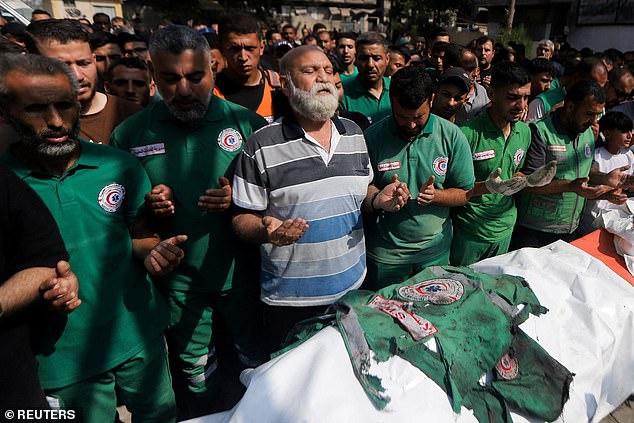
Channel 4 will show a new documentary about medics in Gaza after it was scrapped by the BBC over bias concerns. Pictured: The funeral of medics in Gaza on June 10
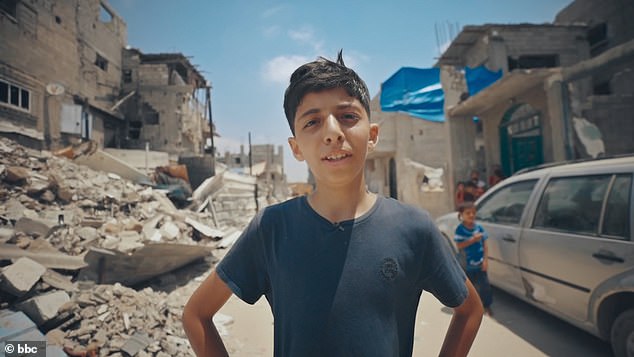
One of the child narrators in BBC documentary ‘Gaza: How to Survive a Warzone’ was 13-year-old Abdulla Eliyazour (pictured)
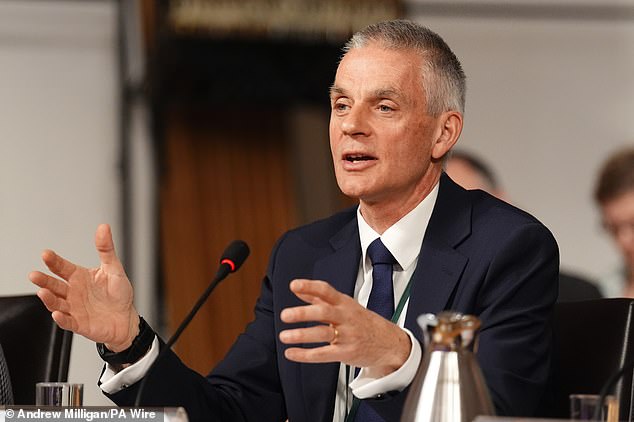
BBC Director-General Tim Davie answering questions on BBC Annual Report on January 23
‘[Bosses] approved the film multiple times and then delayed it at least five times but confirmed in emails that it would go out and that the delays were not due to the Johnstone report into Gaza: How to survive in a war zone.
‘They said this [new documentary] was a vital film that exemplified ”public interest journalism’.
‘After these multiple delays over six weeks they then apologised and said, ”Sorry, it is because of the Johnstone report”.’
Gaza: Doctors Under Attack is a one off-documentary that examines allegations that Israeli forces have repeatedly targeted hospitals in breach of international law.
The programme was made by two-time Emmy-winning journalist Ramita Navai, fellow two-time Emmy-winning director Karim Shah and ex-Channel 4 News Editor Ben De Pear, who is the executive producer of Basement Films, which was commissioned by the BBC to create the film.
The source said more than 40 people from BBC Eye, who were involved in the documentary, had signed a letter of protest against the corporation’s.
They said the open letter had more than 300 signatures.
The insider continued: ‘We had to handle the duty of care for a dozen doctors and medics we had spoken to who couldn’t understand why their interviews – in which they talked about the deaths of their children when their homes were bombed, or colleagues when their hospitals were attacked, had not gone out.
‘We made this point repeatedly and at length to the BBC but they ignored these concerns.’
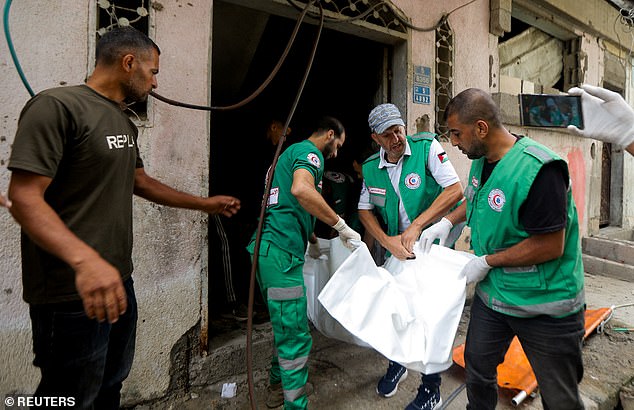
People carry the body of a Palestinian at the site where a journalist and three Palestinian medics were killed in an Israeli strike
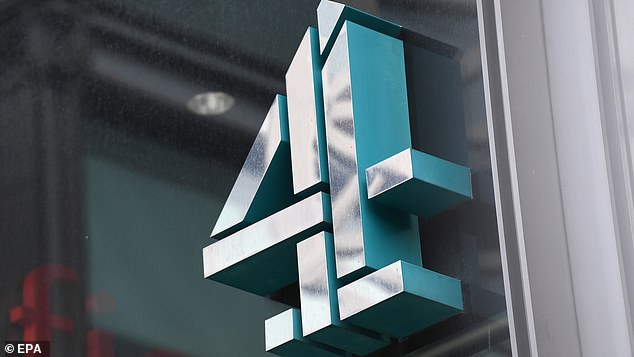
Channel 4 said it had fact-checked and complied the documentary to ensure that it meets its editorial standards and the Ofcom Broadcasting Code
Channel 4 said it had fact-checked and compiled the documentary, Gaza: Doctors Under Attack, to ensure that it meets its editorial standards and the Ofcom Broadcasting Code.
The film reports that every one of Gaza’s 36 main hospitals has now been attacked or destroyed by Israel, with people forced to evacuate and healthcare workers reportedly killed, imprisoned and tortured.
Louisa Compton, Channel 4’s head of news and current affairs and specialist factual and sport, said: ‘We are showing this programme because we believe that, following thorough fact-checking and verification, we are presenting a duly impartial view of a subject that both divides opinion and frequently provokes dispute about what constitutes a fact.
‘Channel 4 has a strong tradition of putting uncomfortable reporting in front of our audiences.
‘In doing so, we know we will antagonise somebody somewhere sometime. But we do it because we believe it is our duty to tell important journalistic stories – especially those that aren’t being told elsewhere.’
Basement Films added: ‘This is the third film we have made about the assault on Gaza since October 7th at Basement Films, and whilst none of them have been easy this became by far the most difficult.
‘As ever we owe everything to our Palestinian colleagues on the ground; over 200 of whom have been killed by Israel, and the doctors and medics who trusted us with their stories.
‘We want to apologise to the contributors and team for the long delay, and thank Channel 4 for enabling it to be seen.’
The BBC announced that it would not be broadcasting Gaza: Doctors Under Attack on June 20.
‘We wanted the doctors’ voices to be heard,’ the broadcaster said in a statement.
‘Our aim was to find a way to air some of the material in our news programmes, in line with our impartiality standards, before the review was published.
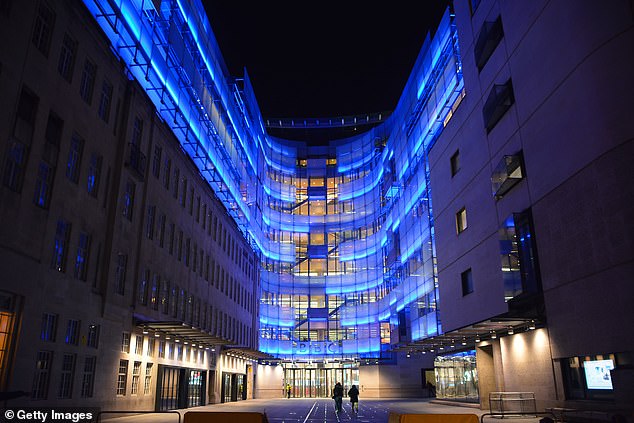
The BBC dropped the documentary earlier this month due to bias concerns. Pictured: BBC Headquarters
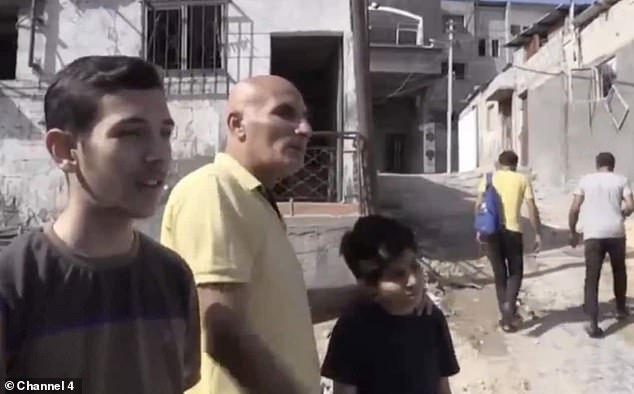
The BBC documentary, Gaza: How to Survive a Warzone, was broadcast on BBC Two with the aim of showing a ‘vivid and unflinching view of life’ in the enclave
‘For some weeks, the BBC has been working with Basement Films to find a way to tell the stories of these doctors on our platforms.’
But, the corporation added: ‘Yesterday it became apparent that we have reached the end of the road with these discussions.
‘We have come to the conclusion that broadcasting this material risked creating a perception of partiality that would not meet the high standards that the public rightly expect of the BBC.
‘Impartiality is a core principle of BBC News. It is one of the reasons that we are the world’s most trusted broadcaster.
‘Therefore, we are transferring ownership of the film material to Basement Films.’
Previously, critics were enraged by the BBC’s failure to disclose that the narrator of Gaza: How to Survive a War Zone was the son of a senior member of the Hamas terrorist group.
It was originally broadcast on February 17 on BBC Two with the aim of showing a ‘vivid and unflinching view of life’ in the strip.
The documentary was made by two producers based in London who remotely directed two cameramen on the ground over nine months.
However, independent investigative journalist David Collier claimed one of the child narrators, Abdullah, was the son of a Hamas government minister and grandson of one of Hamas’s founding members.
Using Facebook and publicly available data online, Mr Collier claimed the show’s young star is the son of Gaza’s deputy minister of agriculture Dr Ayman Al-Yazouri.
This would mean his grandfather would be the Hamas founder Ibrahim al-Yazouri, who has previously been jailed by Egypt and Israel for involvement in proscribed groups.
The BBC apologised for the inclusion of the documentary’s young star, with a spokesperson for the corporation saying: ‘Since the transmission of our documentary on Gaza, the BBC has become aware of the family connections of the film’s narrator, a child called Abdullah.
‘We’ve promised our audiences the highest standards of transparency, so it is only right that as a result of this new information, we add some more detail to the film before its retransmission. We apologise for the omission of that detail from the original film.’
MailOnline has approached the BBC for comment.












